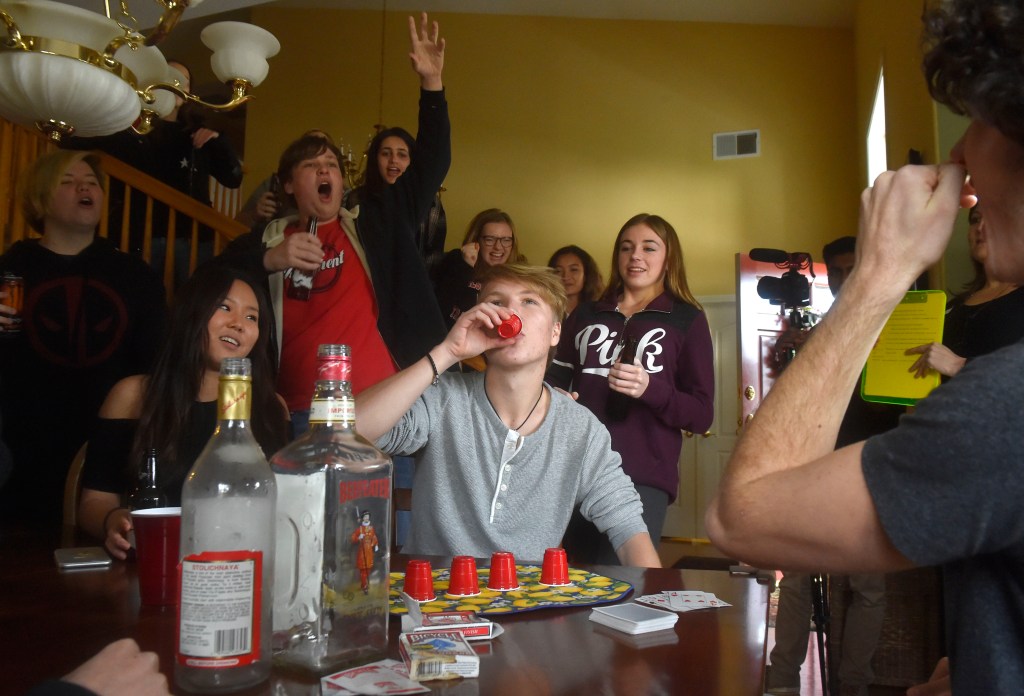From staying out past curfew to shoplifting, teenage rebellion is a classic rite of passage for adolescents.
While this stage of life may seem unpleasant and concerning to many parents and guardians of those affected, professionals assert it is a common growing pain.
“Teenagers rebel because that’s neurologically, biologically programmed into our brains,” Jessie Mitchell, counselor at the Hawai’i Center for Children and Families (HCCF) said. “In your brain, you reach a phase where you begin pushing against those that raised you.”
Many parents find their children to be the most rebellious against them specifically– and there is a biological reason for this.
“At some point, biologically, you realize those that raised you are going to die, because older people are going to pass away, so you work on building bonds with someone who will be around for a while,” Mitchell said. “That’s why friends are so important.”
However, parental guidance is necessary to protect their adolescent from dangerous influences. This is especially crucial for those that have a genetic predisposition to particular risks.
“There is a gene that makes you an alcoholic. Even if you were raised by someone else, if you were biologically born to alcoholics or drug addicts, you have a likelihood to engage in that behavior,” Mitchell said.
However, genes are not the only determining factor. External factors such as exposure can encourage specific and potentially harmful means of rebellion.
“If you are never exposed to cocaine, you will probably never try it,” Mitchell said. “There’s environmental factors [such as] peer pressure.”
For the sake of ensuring the safety of your child during these times, Mitchell recommends acknowledging the changes they’re going through.
“No parent wants their child to push them away. But acknowledging that when they go through this phase, friends have more value… so be aware of your child’s friends,” Mitchell said.
The influence of friends and family members can potentially lead one’s child into making unwise decisions.
“You’ll most likely know someone who does drugs, or vapes or sells on campus,” senior Derrick Hunsaker said. “The use is pretty bad.”
Mid-Pacific is no exception to the areas in which students enact such behavior.
“It’s not uncommon to see graffiti scribbled on walls [or] smell vapes in the bathroom,” sophomore Megan Yoshimoto said.
Ways of preventing one’s child from being involved in such circumstances include setting reasonable boundaries. Establishing the logic behind certain rules may prove to be a more effective approach in having students obey them, Junior Dean Cynthia Kinnear believes.
“I think [the students] choose to [disobey the dress code] anyway.. I think they don’t agree with the dress code, and [disobeying it] is their way of saying ‘I don’t agree with this’” Kinnear said.
Setting reasonable boundaries, explaining the logic behind them, being aware of the child’s genetic predispositions and friends – parenting teenagers is a complicated business.
It’s important to acknowledge the changes one’s child is going through, and assist them throughout this stage of their life.




